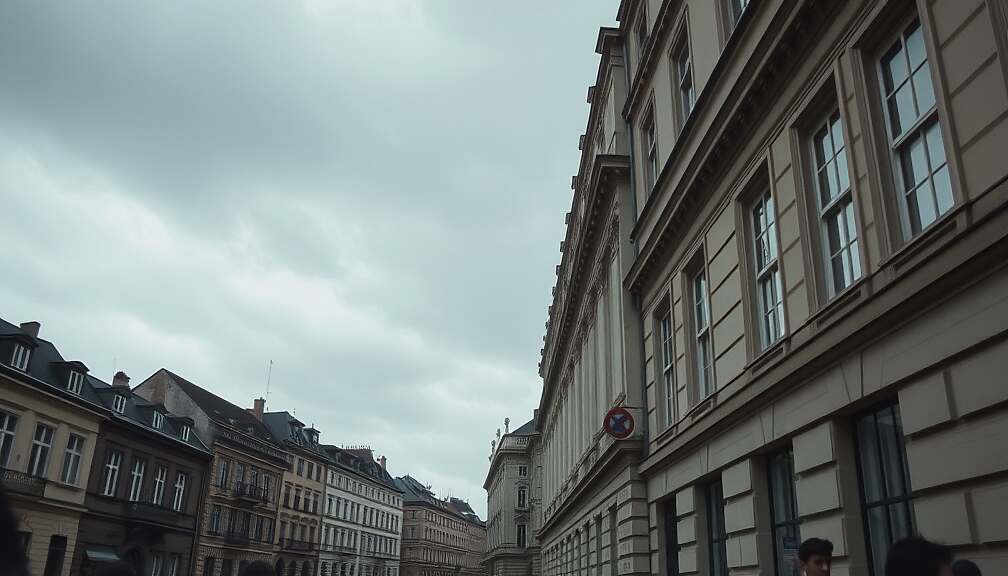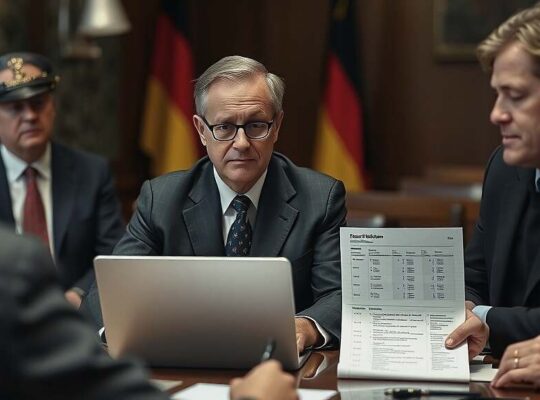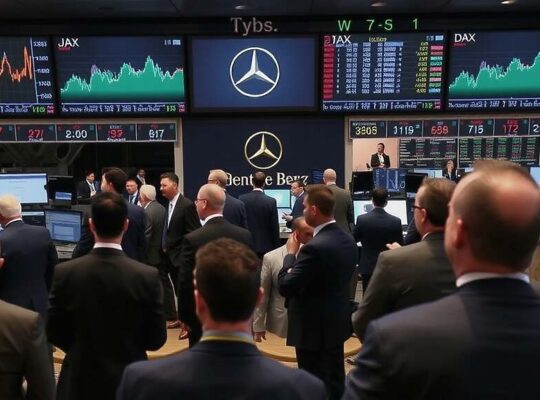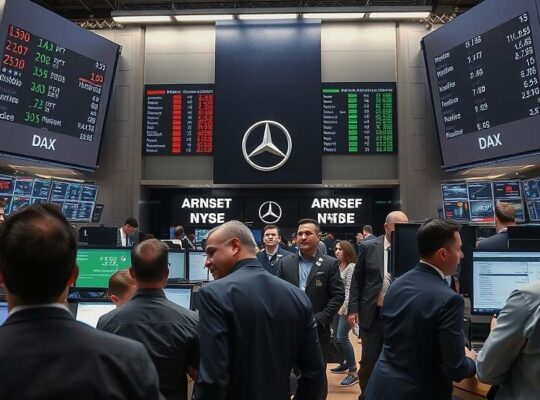The German federal government is implementing stricter guidelines regarding public funding for cultural projects, stipulating that financial support will be withdrawn if it is linked to antisemitic statements. Culture State Minister Wolfram Weimer, of the Christian Democratic Union (CDU), described the increasing prevalence of antisemitism within the cultural scene as “unbearable” and “blatant” pointing to instances where Jewish artists are being disengaged from cultural events and facing hostility on stage across the country.
This policy shift follows a similar, ultimately retracted, initiative at the state level in Berlin, spearheaded by former Culture Senator Joe Chialo, who had sought to impose an antisemitism clause in funding guidelines. This previous attempt faced significant criticism from the cultural community and raised legal concerns.
Beyond addressing antisemitism, Minister Weimer also announced plans to present a new concept for memorial sites this autumn, reaffirming the unique and unparalleled nature of the Holocaust within German historical remembrance. He expressed concern over the tendency to equate the Holocaust with German colonial history, advocating for continued efforts to critically examine the colonial past while upholding the sanctity of Holocaust remembrance.
Further emphasizing his commitment to safeguarding cultural heritage, Weimer intends to counteract the appropriation of national symbols and historical sites by right-wing groups and parties, such as the Alternative for Germany (AfD). He specifically cited the Hambacher Castle, a site significant to early democratic movements, as an example of a location needing to be reclaimed from extremist ideologies. He asserted that right-wing groups should not be allowed to utilize national symbols like the national anthem or flag.
Minister Weimer additionally criticized the AfD, suggesting the party’s political platform is driven primarily by resentment. He contrasted the party’s approach with the values held by the political center, predicting a decline in the AfD’s electoral success by the time of the next federal election in 2029, projecting a result of approximately nine percent.












